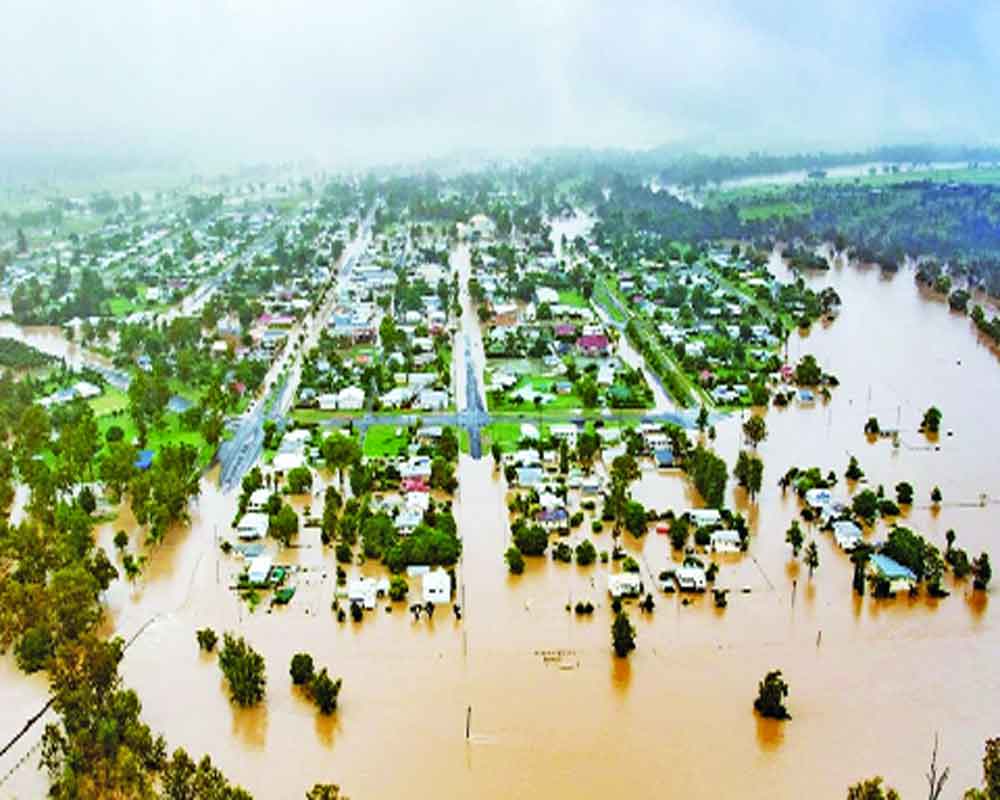Climate change is reaching crescendo, it’s time developed nations practice what they preach
The world climate is once again on the main menu as the world leaders assemble at United Nations General Assembly climate week. It is one major forum where stakeholders come together to push for climate change initiatives. Five summits are to be held in the next three months to discuss climate change. It shows that some urgency is there among the world leaders to tackle the rising temperatures and assist people in dealing with it besides discussing food security. The effects of climate change are now very visible, be it floods in Pakistan or storms in Japan there is no country in the world that is not affected by it. However, the worst affected are the developing countries.The silver lining is that there are now technologies to deal with such exigencies. But it boils down to funding. No matter what they preach the developed countries remain the biggest culprits who have led to the pollution of air and water. The United States alone has emitted 25 percent of global carbon pollution since the Industrial Revolution.
But it doesn't match other developed countries in providing climate finance to the countries that are most vulnerable to climate impacts. In fact, the United States provides less than one-fourth of the $25 billion in annual support that European Union members provide to developing countries for fighting climate change. US President Joe Biden has now proposed $11 billion in climate assistance for the 2023 budget year. Even this would not be appropriate enough given the pace of climate change.The world financial institutions must take lead in providing generous funding for the climate. They can fund climate and biodiversity solutions for vulnerable countries. The World Bank can significantly contribute by increasing the target for the share of its financing for climate benefitting projects from 35 percent to at least 50 percent. Besides, it could take up several other innovative measures such as finance mechanisms, support for green banks, sovereign guarantees for energy transition, risk hedging, etc. Besides, there must be a cap on Public and private sector actors financing fossil fuels projects. The world's 60 largest private banks have given US$ 4.6 trillion for fossil fuels since the Paris Agreement. This clearly is at cross purpose to fighting climate change. Until the developed countries walk the talk and practice what they preach the temperatures are going to rise on the planet.


























